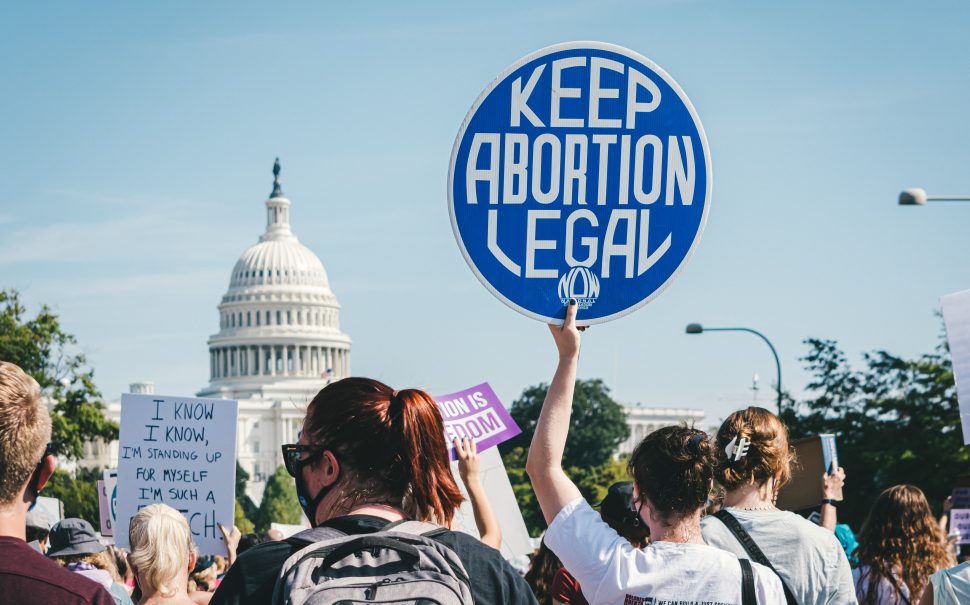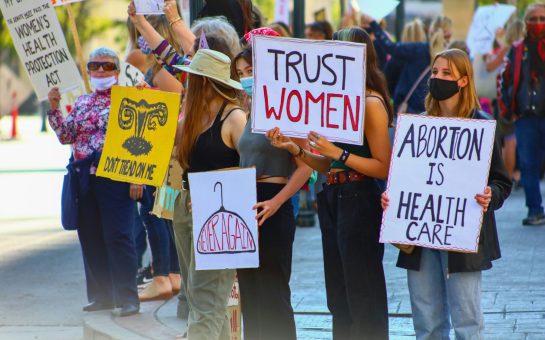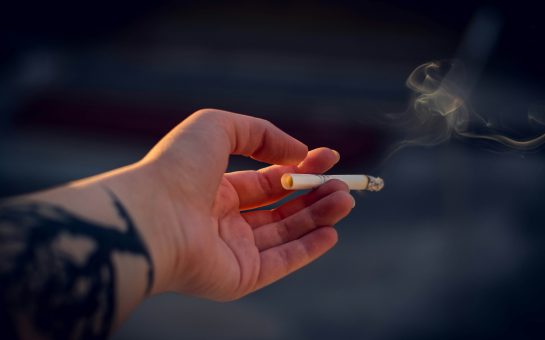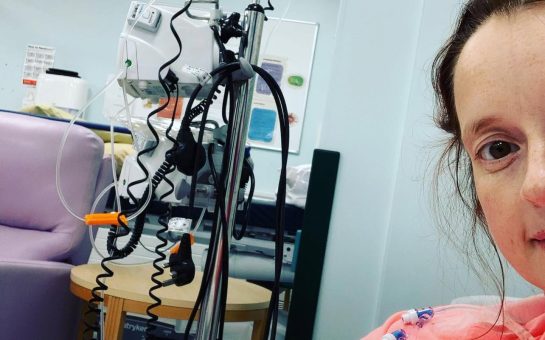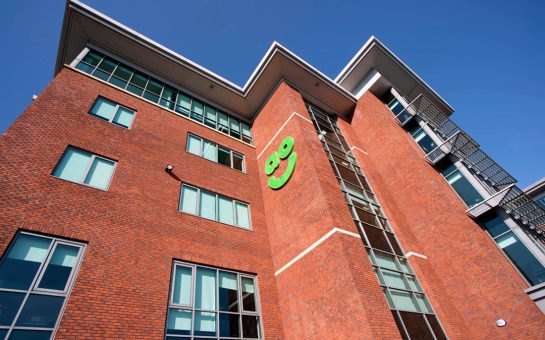In May, a leaked US Supreme Court document raised concerns that the highest court in the nation was poised to overturn Roe vs Wade – the 1973 ruling which made abortion a federal right in the country.
On June 25, it happened.
Most women would have heard horror stories from back in the day when hangers were fashioned into abortion tools. Times have changed and yet, annually around 68,000 women die due to unsafe abortion practices worldwide, as per a study.
Despite the worrying times ahead for American women, there is a sliver of hope – as women across the globe open their homes to those unable to access safe abortion procedures.
Robyn Lamont, a massage therapist from Ontario, Canada who has two grown children, wants to welcome her American sisters in their time of need.
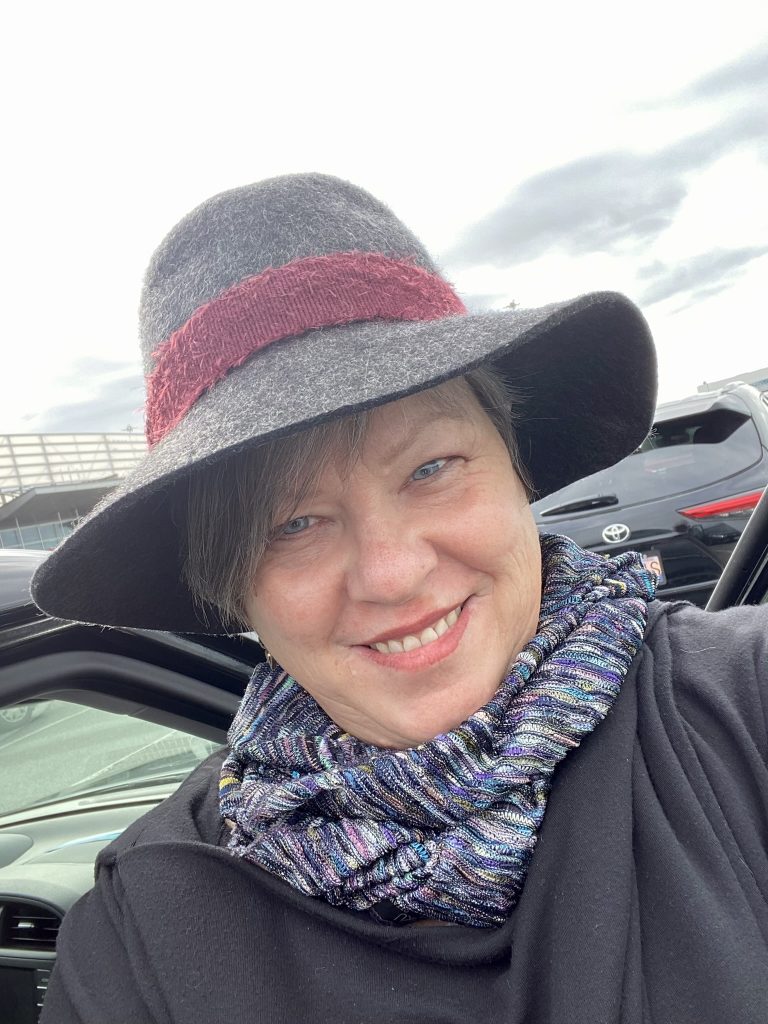
“I decided to offer shelter to any woman from the US the moment that I saw that others were willing to do the same,” she said. “I had a strong urge to do something tangible; make a difference in a life, rather than liking posts and ranting on Facebook. Social media continues to open my eyes, but I need to try and carry these things forward into actions.
“I helped a friend in the past deal with the choice of getting this procedure done, and took her for it as her support person. People need people.”
A woman from North Carolina contacted her but it didn’t work out.
“I hope she can find another way,” she said.
She is willing to help any woman from anywhere who could get to Ontario “to maintain her bodily autonomy and do what she needs to have done safely”.
She believes that the reversal of Roe v Wade has the “potential to unleash hell on all minorities in the US. Abortion rights are just the start, and it’s a big piece. Sadly, what happens in the US tends to find ground here in Canada, and our Conservative Party has already voiced its intentions to follow in their footsteps and make abortion impossible here. This decision could affect women all over the world.”
She added that she’s always had access to any necessary sexual health services, and most of them are free.
“However, I am white, and am only just now truly becoming aware of the challenges that BIPOC and Indigenous women face every day,” she said.
“We have a shortage of doctors in this country for a number of reasons, and, especially so in rural communities and inner-city areas. This compounds the problem. Nobody is allowed to restrict access to these services. However, nobody is required to provide them either.”
Karin Peterson, 59, lives in a rural area near Johannesburg, South Africa. She’s a writer, wife, activist, artist and, a mother of two grown sons. She too has agreed to welcome women from countries where abortion is not permitted.
“And age would be a factor,” she said.
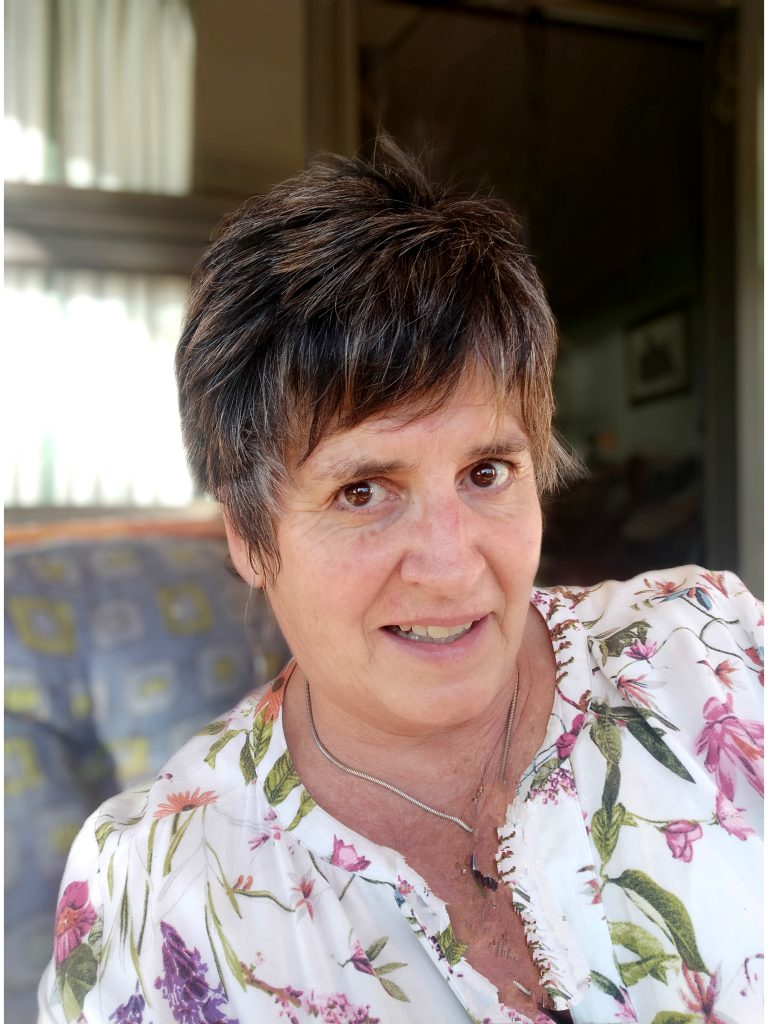
“I would have loved to have had that type of support when I had my own unwanted pregnancy, years ago.
“Many years ago, I was in the same position. Until 1997, abortion was illegal in South Africa and options were limited. If you were privileged, you could find a gynaecologist who would assist (at the risk of losing their licence), or travel to the UK for the procedure.
“Those with limited resources were forced to go the back street route. We are now one of the most liberal countries in this regard, with a phenomenal constitution that is a showcase to the world. In a sense, I feel it’s my duty to share this with others.
“Women should have agency over their bodies. It is a hideous system that dictates to them – under the thin guise of morality or religion or mores – what they should and shouldn’t do with their physical, emotional, and mental self.
“A woman’s entire future can shift because of having a child: it’s immoral to force her to have to give up a future of her choosing.”
She thinks there are “sufficient options within the US, so the need to travel out of the country isn’t yet a dire necessity”.
She said: “And again, privilege and wealth come into it. There are only going to be a handful who can afford a trip to South Africa for this purpose.
“The danger will always come with fanaticism and evangelism. It sets the US back several decades in terms of human rights. Backstreet abortions will start again and there will be massive divisions in society over the issues.”
She had access to a “kind gynaecologist who did the procedure in a hospital”.
“But because it was taboo, There was no moral or psychological support available,” she added. “It just wasn’t spoken about. Even today, (well until this gets published) only three people know about my abortion. It still carries a lot of censure in our conservative society.”
Kathleen Phelps, who is from Tennessee, USA, moved to Istanbul, Turkey in 2019 for work.
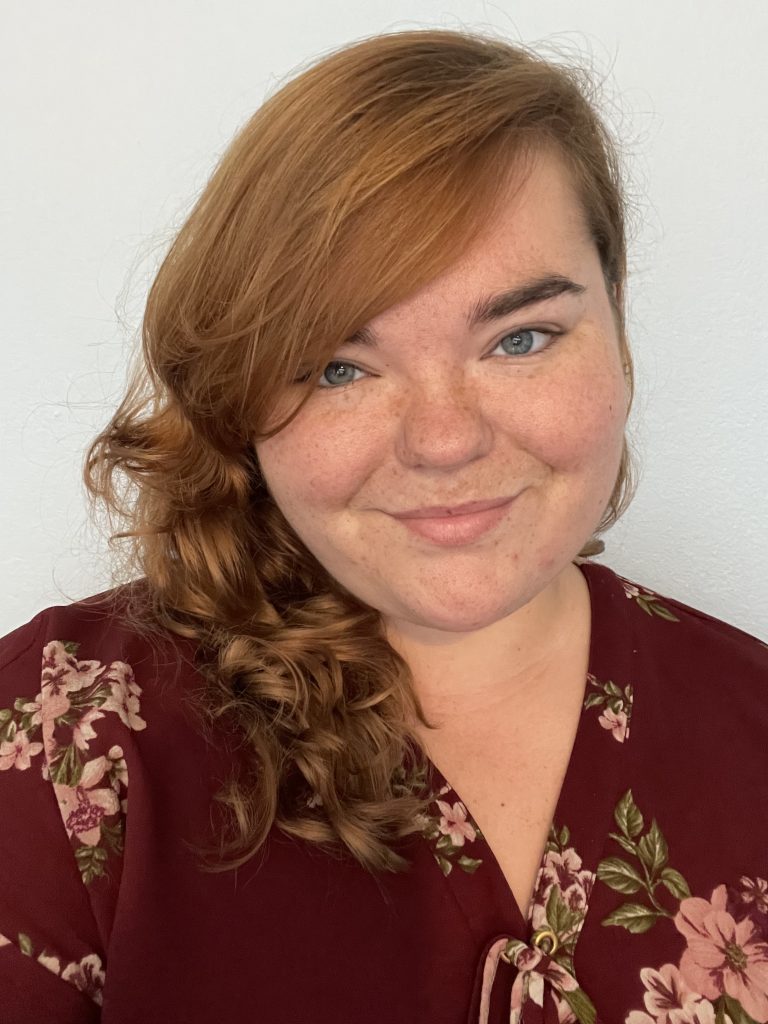
She worked as an emergency medical technician for eight years and as a pediatric phlebotomist before that.
Her parents are medical professionals as well, she was brought up in a “sex-positive and open household” where she was taught early and learned how to access services if needed.
“I have seen numerous pregnancies in children who were too young to even understand what was happening,” she said. “I have met women who battled with mental illness and having a child would be a further determent to their mental health. Denying these women and girls the right to make choices for their bodies goes against everything the Hippocratic oath stands for.
“Every person with a uterus has the right to choose what she or they want to do with their bodies. Once I heard that SCOTUS was contemplating overturning RvW, I knew I couldn’t sit back. I live in a country where it is a constitutional right to choose and a home that can easily accommodate any person who decides it is in their best interest to go through said procedure.”
She has opened her home “specifically to American women and people in need because I understand their pain. Being an American and having more rights stripped from us is terrifying.”
However, she added that her home will be open to anyone from any country who needs a safe place to stay during this procedure.
She believes that overturning Roe vs Wade shows “the beginning of the end of the American Empire.”
